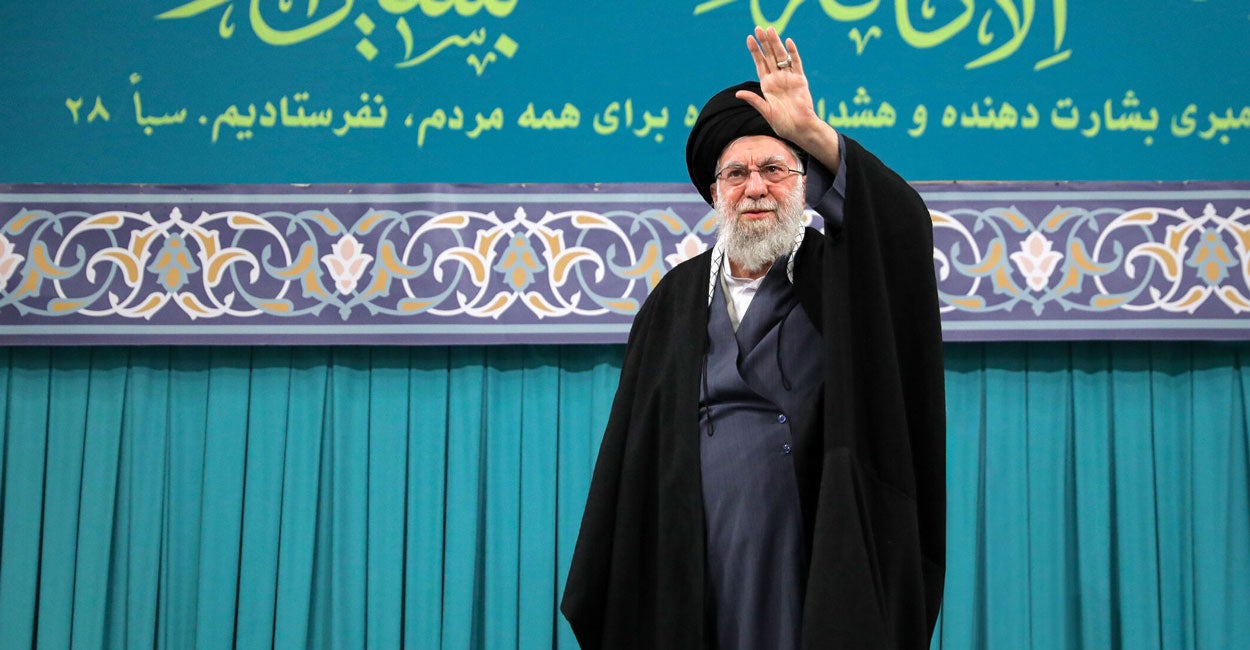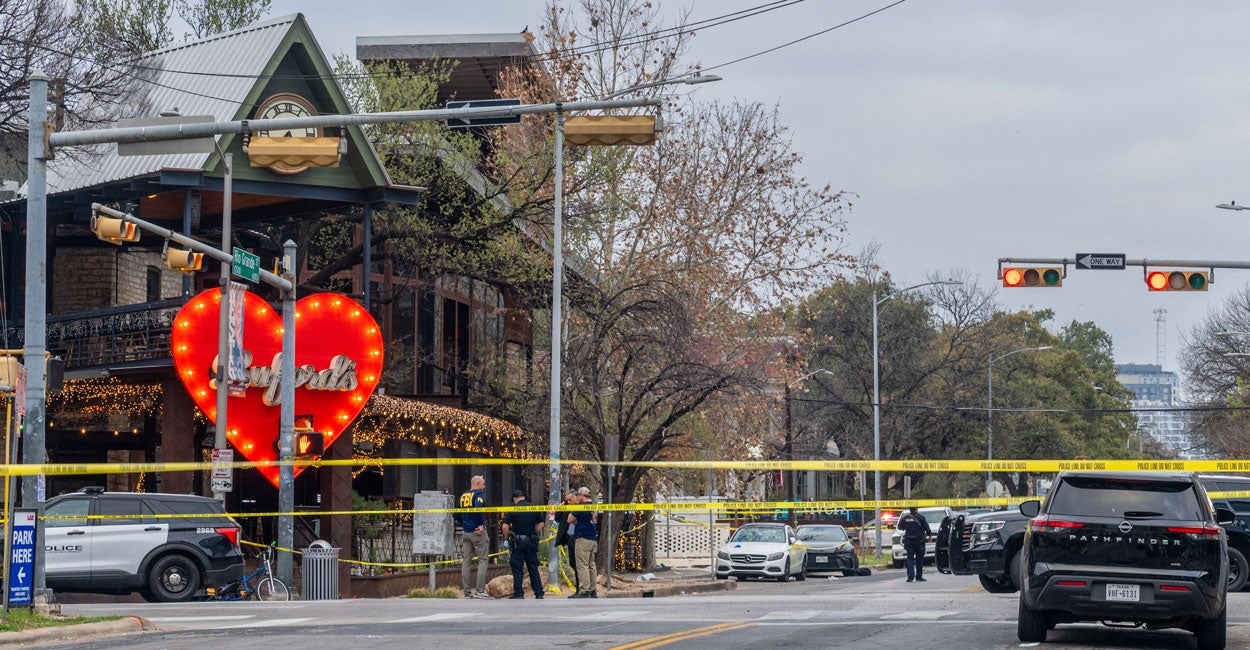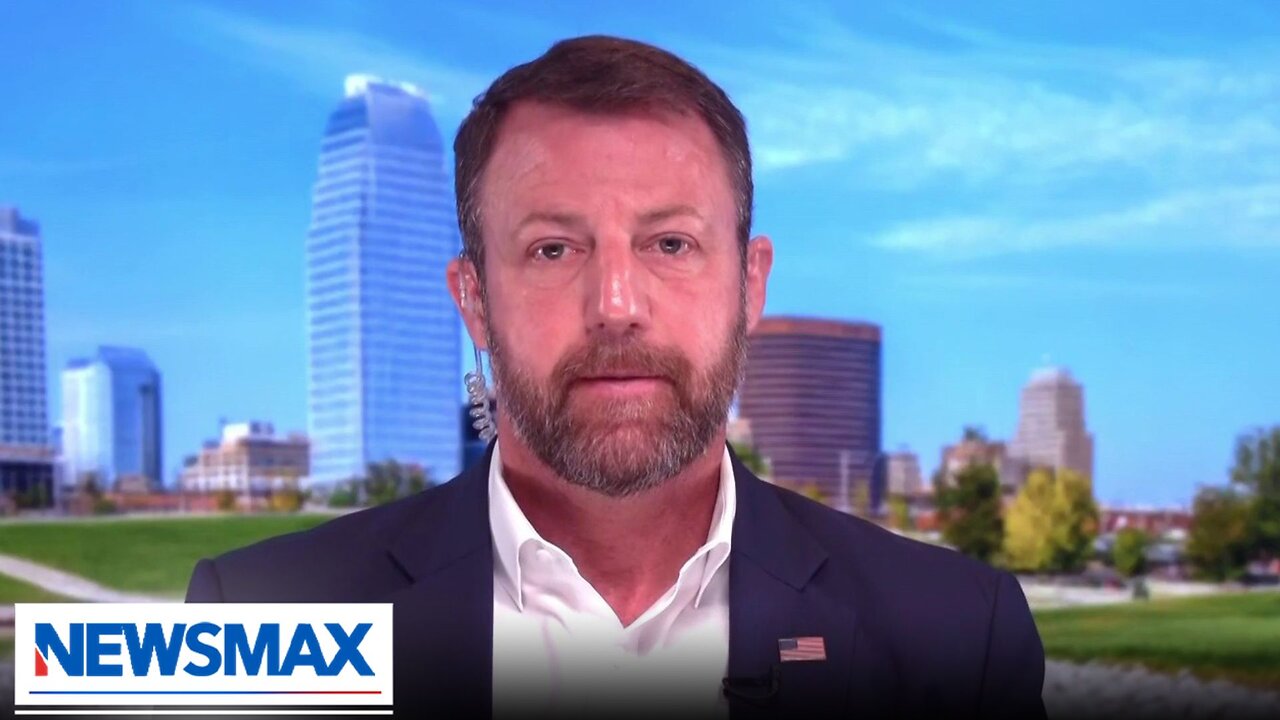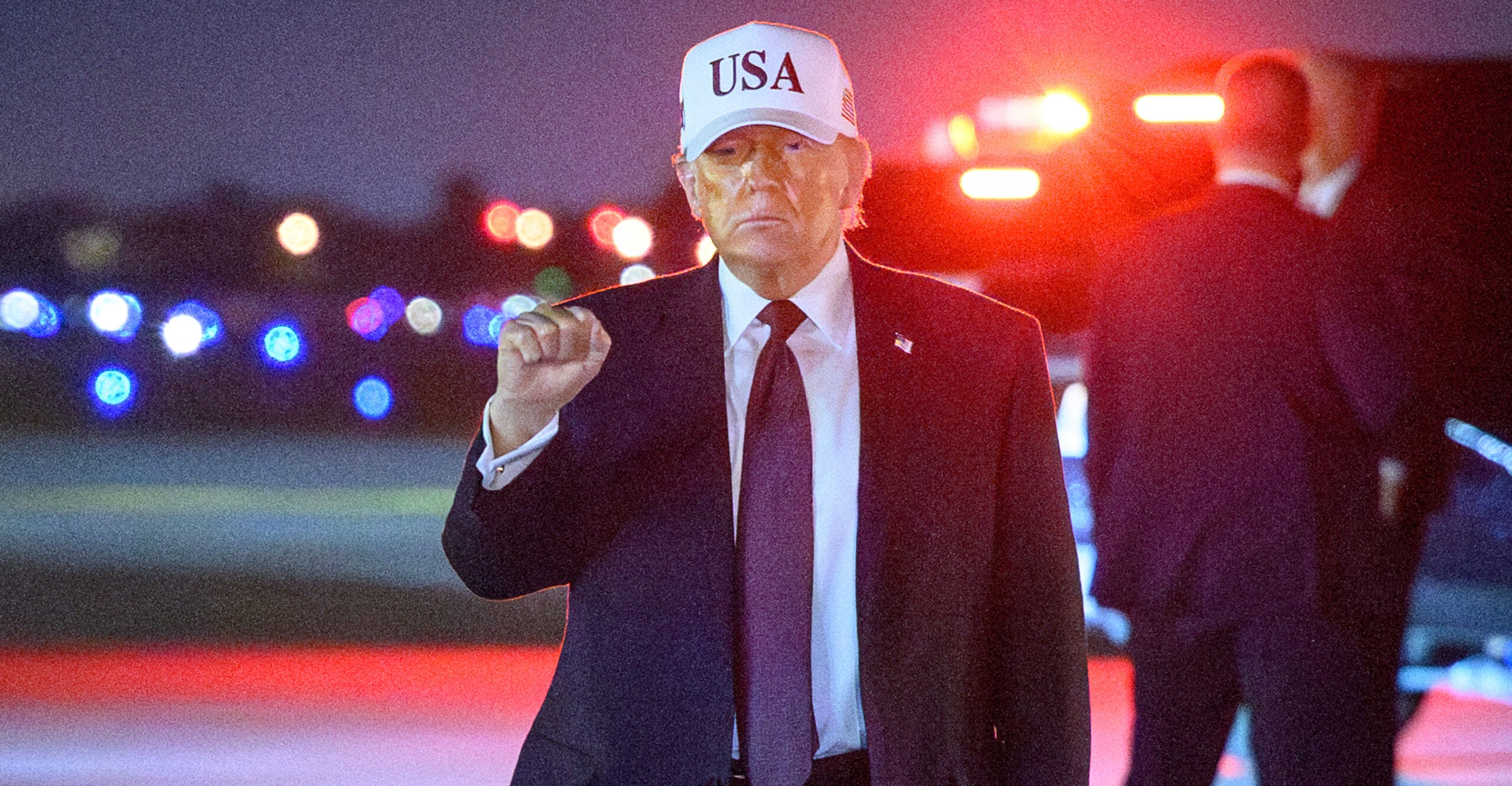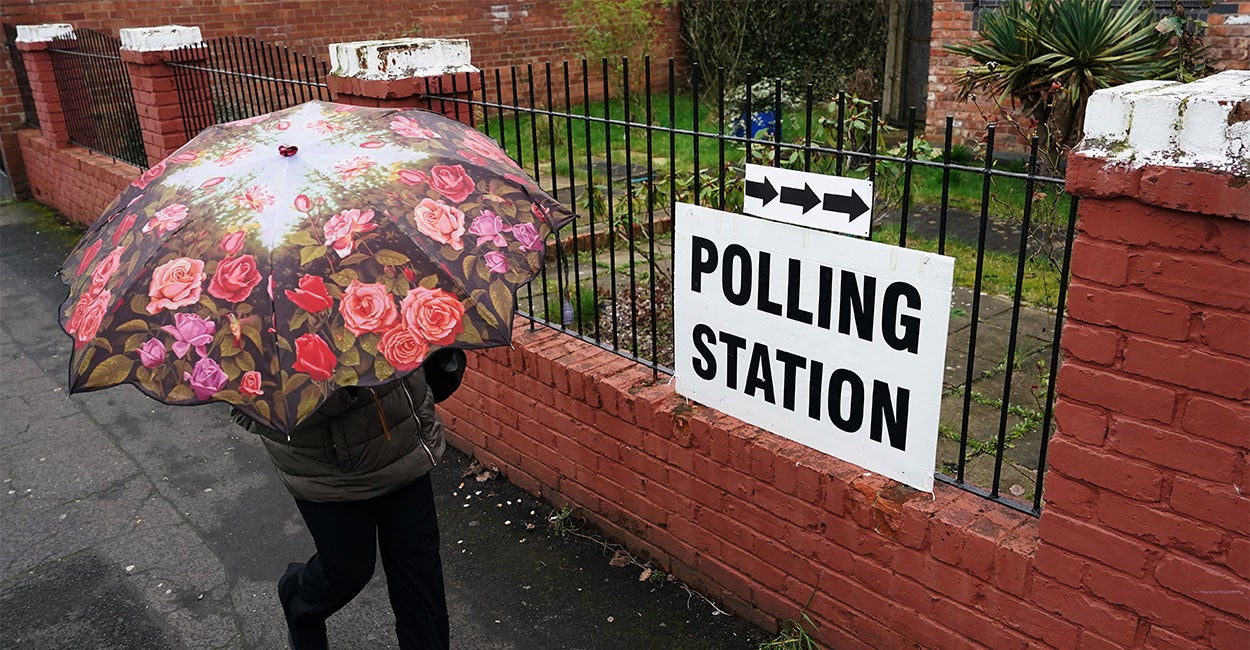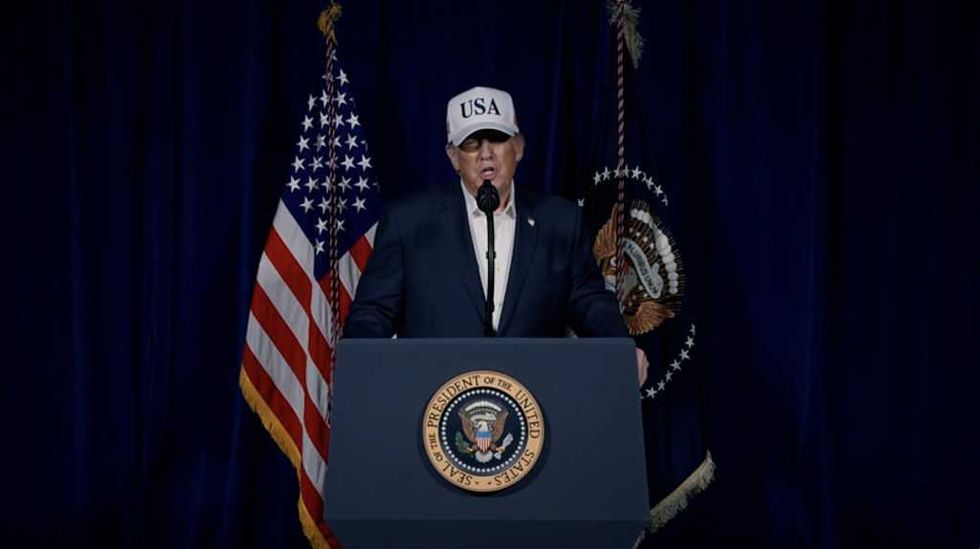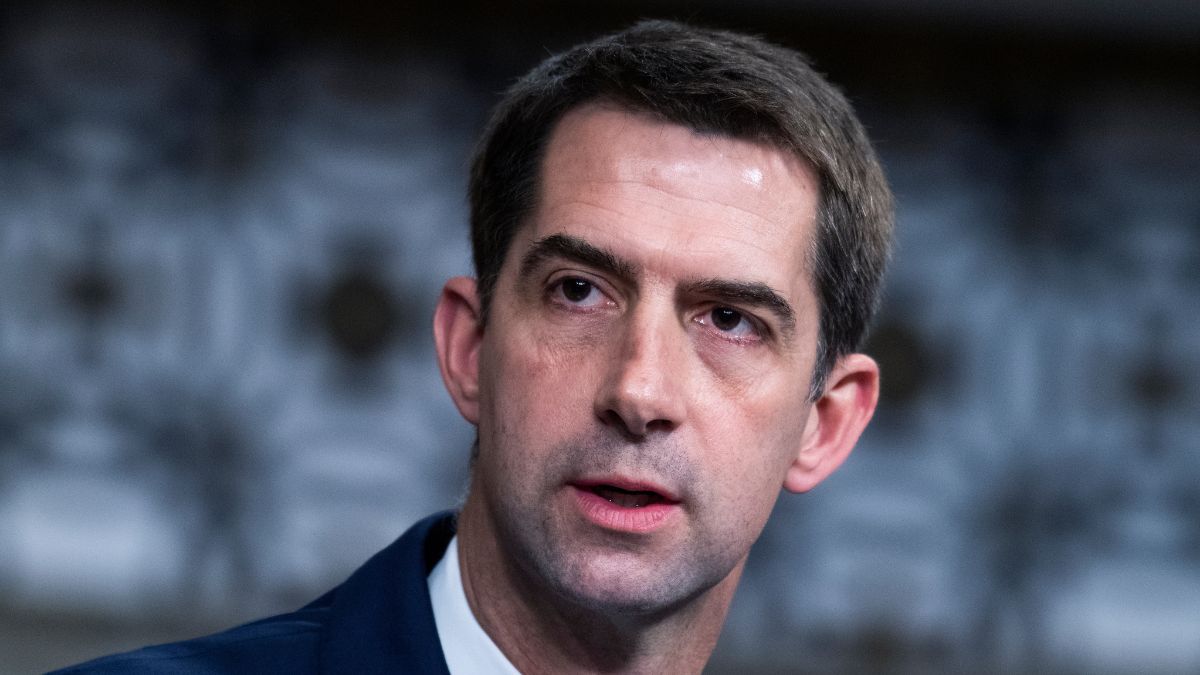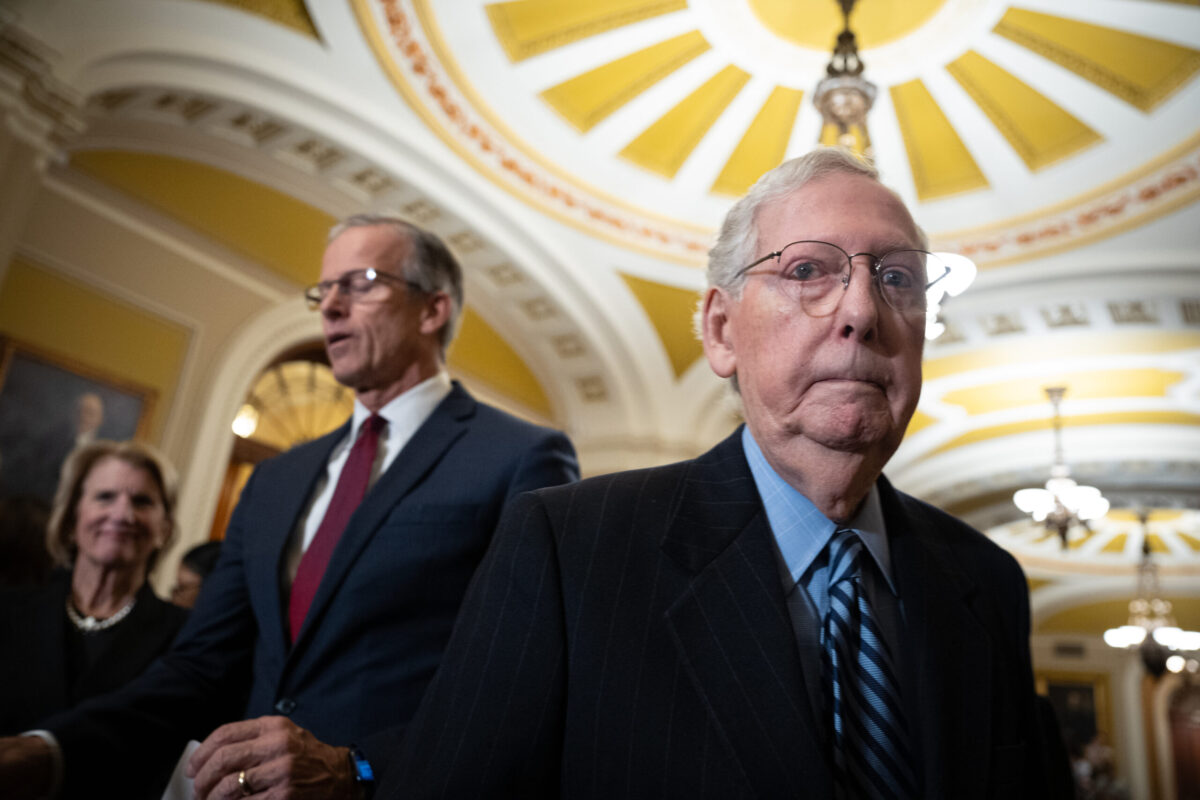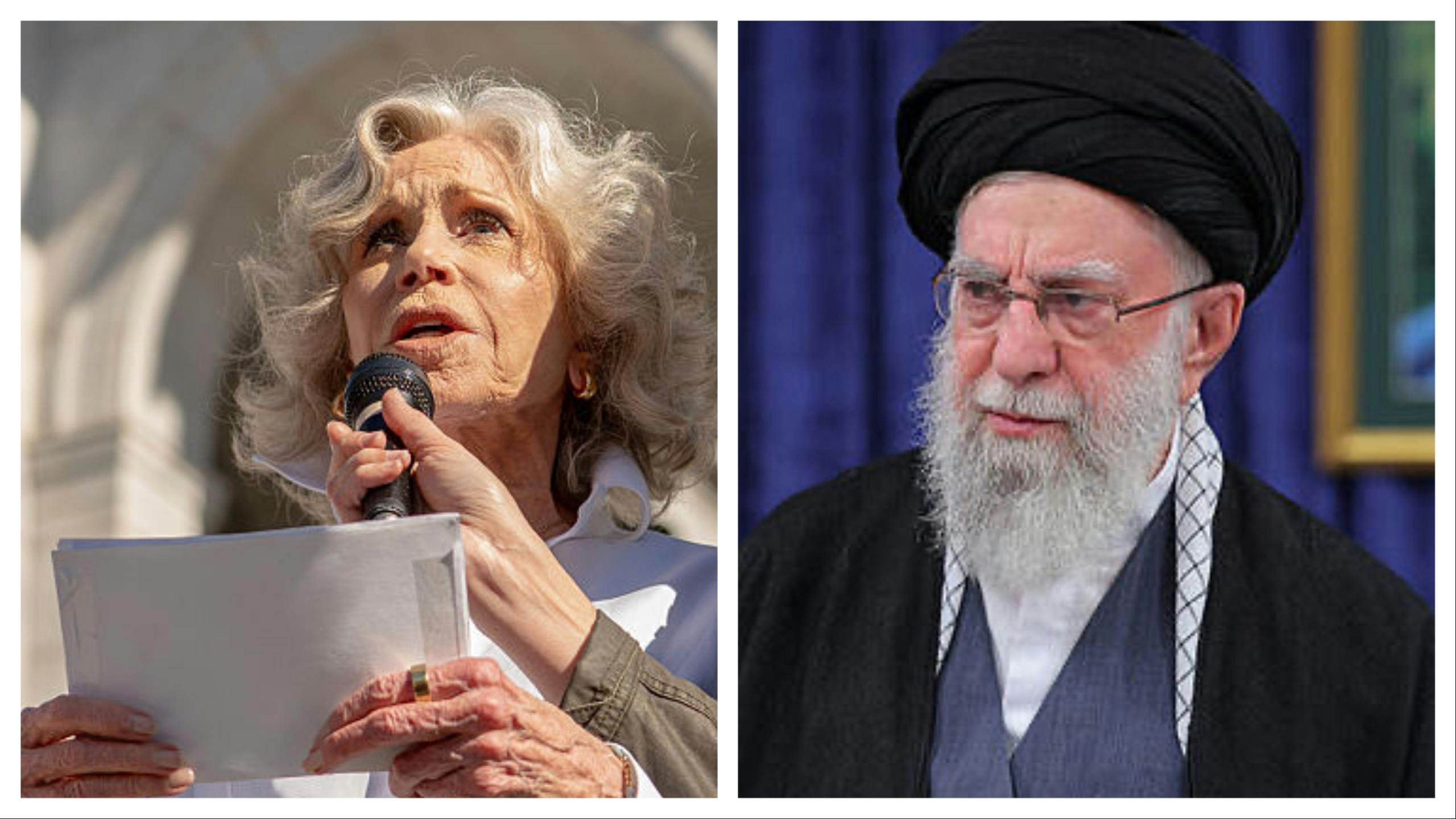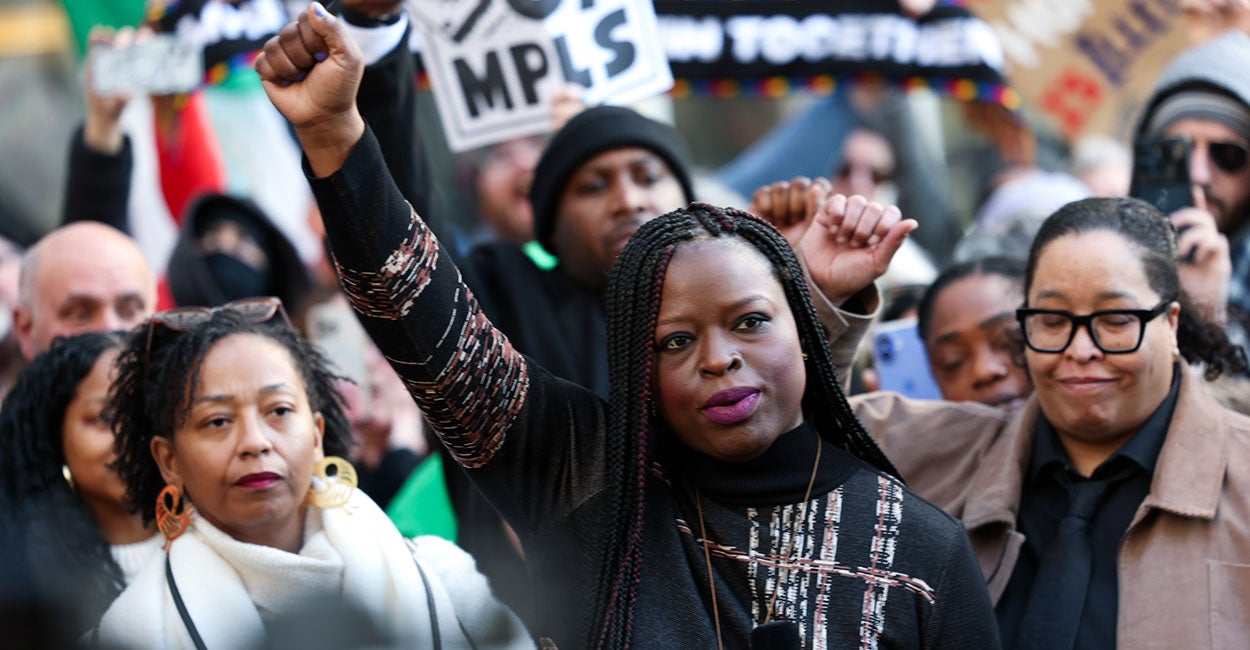The Pennsylvania Elections That Could Affect Next Year’s Midterms

Pennsylvania voters will head to the polls next Tuesday to decide whether three Democrat-appointed state Supreme Court justices will be retained to serve another term on the state’s highest judicial body.
Live Your Best Retirement
Fun • Funds • Fitness • Freedom
Pennsylvania’s highest court has become a lightning rod in recent years over its decisions regarding the counting of late ballots in the 2020 presidential election and the state’s congressional district map in 2018.
The court currently has a 5-to-2 partisan split in favor of the Democrats. It will likely remain an important player if there are legal questions regarding the 2026 midterms and the 2028 presidential election in the swing state.
The three current Democrat Pennsylvania Supreme Court justices up for retention are Kevin Dougherty, Christine Donohue, and David Wecht. All three were first elected in 2015. State Supreme Court terms in Pennsylvania are 10 years, although there is a mandatory retirement age of 75, which Donohue would reach in 2027.
If all three Democrat justices were to lose their retention votes, then the court would have an even 2-to-2 party split to the 2027 elections. The vacancies could be temporarily filled by Pennsylvania Gov. Josh Shapiro and the Republican-controlled Pennsylvania state Senate, but it appears doubtful that they would come to an agreement.
Two other justices, the Democrat state Chief Justice Debra Todd and Republican Justice Sallie Updyke Mundy will be up for retention at that time. Justices openly affiliate with political parties, but the “merit retention provision of Pennsylvania’s Constitution allows all but magisterial district judges to be retained with a simple “yes” or “no” vote without ballot reference to political affiliation,” according to Pennsylvania courts.
State and national Democrats appear cognizant of the importance of the elected judicial offices with Democratic National Committee Ken Martin explaining in a press call that “the Pennsylvania Supreme Court retention races are among the most important elections in the nation this year. What happens on Nov. 4 can make all the difference in the 2028 presidential election, just how it was five years ago.”
In 2020, the Pennsylvania Supreme Court, which like now had a majority of Democrat justices, ruled that ballots received as late as the Friday after Election Day, so long as they were postmarked by Nov. 3, would be counted in the presidential race. If no postmark was visible, then the state Supreme Court held that the ballots must be counted “unless a preponderance of the evidence” indicated they were mailed after Election Day.
Four Republican-appointed justices on the U.S. Supreme Court expressed a willingness to enact an emergency stay on the state Supreme Court’s ruling, but they were stopped by Chief Justice John Roberts and the liberal wing of the top federal court.
The 2020 decision was not the first time the Pennsylvania Supreme Court had jumped headfirst into electoral politics. In 2018, the court also ruled that a 2011 congressional district map for Pennsylvania violated the state Constitution. Opponents of the map had argued that it was skewed in favor of Republicans. GOP efforts to throw out a 2018 remedial map failed in court.
The chances that the state justices lose their retention votes are narrow if history is any indication. There has been only one statewide judge who has lost a retention vote since 1968 in the Keystone State. That was Pennsylvania Supreme Court Chief Justice Russell Nigro, who lost retention in 2005.
The post The Pennsylvania Elections That Could Affect Next Year’s Midterms appeared first on The Daily Signal.
Originally Published at Daily Wire, Daily Signal, or The Blaze
What's Your Reaction?
 Like
0
Like
0
 Dislike
0
Dislike
0
 Love
0
Love
0
 Funny
0
Funny
0
 Angry
0
Angry
0
 Sad
0
Sad
0
 Wow
0
Wow
0



